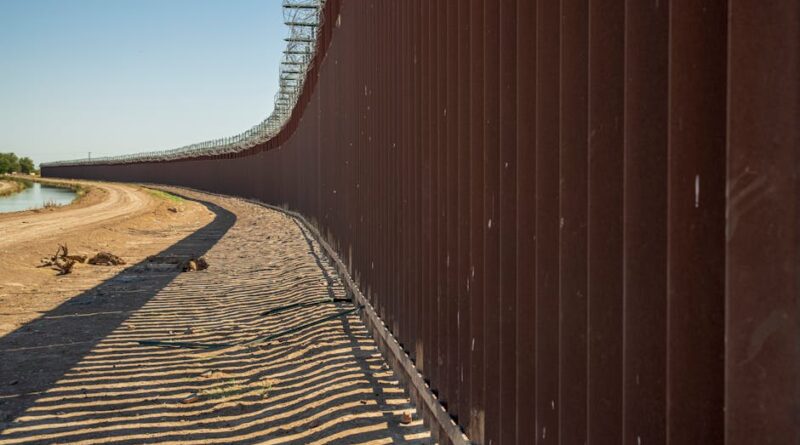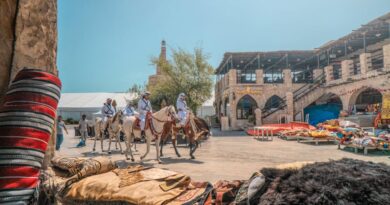How Immigration Shapes Political Landscapes
Did you know that nearly 1 in 7 people living in the U.S. are immigrants? that’s about 44 million people! Immigration is not just about moving from one place to another. It changes societies, economies, and even politics. This article will explore how immigration shapes political landscapes. We’ll dive into the impacts, challenges, and opportunities that arise from this dynamic process.
What is Immigration?
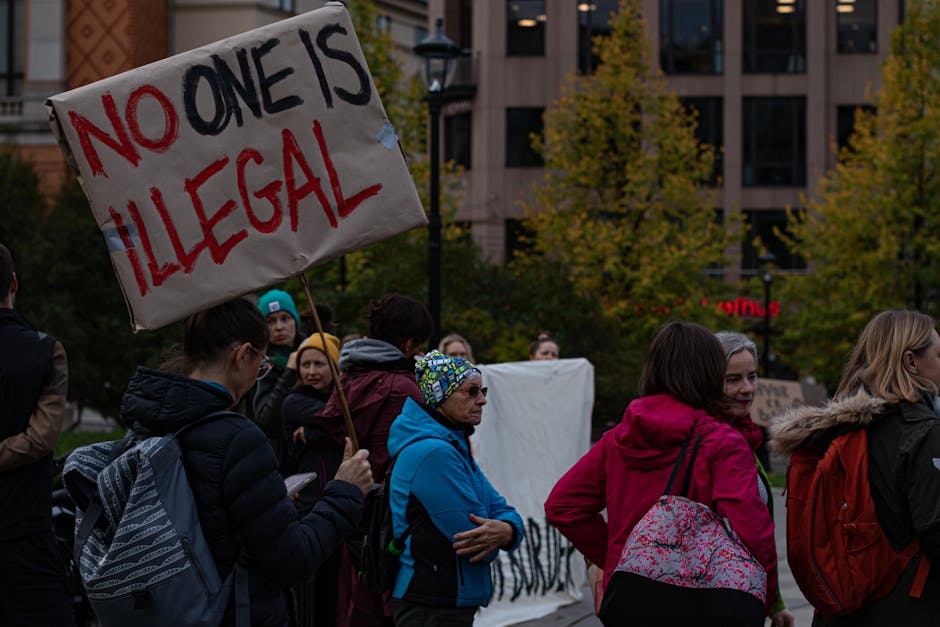
Simply put, immigration is when people move to a different country to live. They might leave their home for various reasons. These can include escaping conflict, seeking better job opportunities, or reuniting with family. Understanding why people immigrate helps us grasp their impact on politics.
How Does Immigration Influence Political Opinions?

Immigrants bring new ideas and perspectives. This diversity can shift political opinions in a community. For example, consider a small town that welcomes a group of new immigrants. They might introduce different cultural practices, food, and traditions. Over time, these changes can lead residents to adopt more open-minded views.
According to a study by the Pew Research Center, areas with higher immigrant populations tend to be more liberal. This shift can affect voting patterns and policy preferences. For instance, issues like healthcare and education may receive more focus as new voters enter the scene.
What Are the Political Benefits of Immigration?
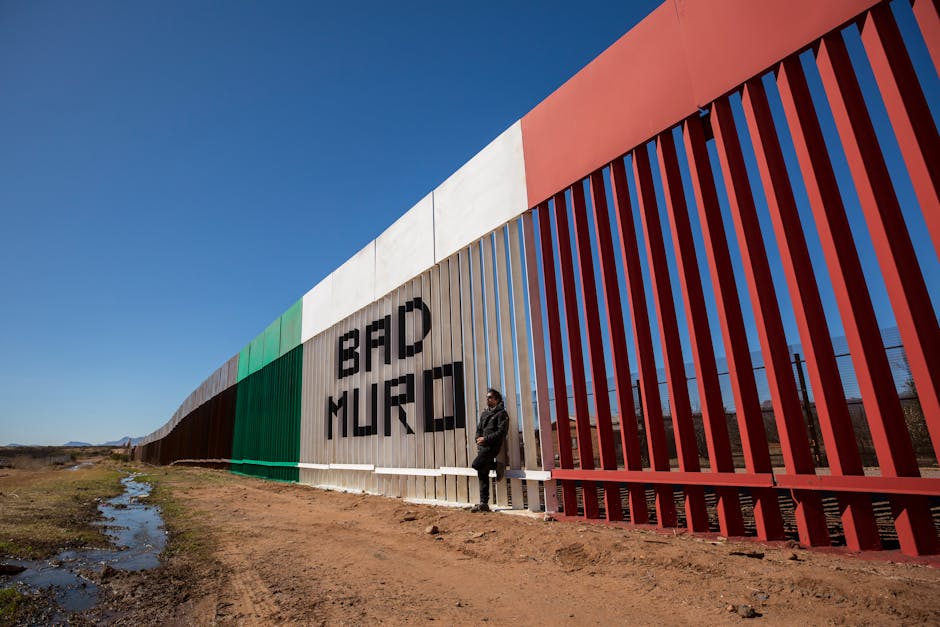
Immigration can bring many benefits to a countrys political landscape. Here are a few key points:
- Economic Growth: Immigrants contribute to the workforce. They fill gaps in labor markets, boosting local economies.
- Diversity in Representation: More voices lead to more ideas. This diversity can make political systems more representative and inclusive.
- Innovation: Immigrants often bring unique skills and perspectives, fostering creativity and problem-solving in politics.
- Community Engagement: Immigrants often get involved in local politics, leading to greater civic participation.
For example, in cities like San Francisco, immigrants lead many community organizations and initiatives. Their involvement helps shape local policies, focusing on education and housing.
What Challenges Does Immigration Present in Politics?
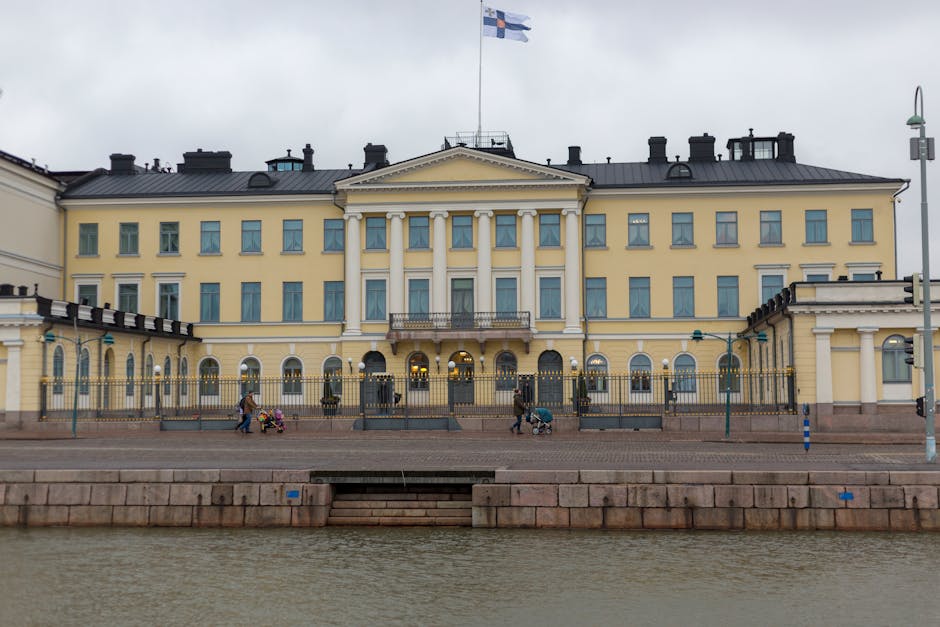
While immigration has many positives, it also brings challenges. One major issue is the debate over immigration policy. Some people feel that immigrants take jobs from locals or strain public resources. This can create tension in communities.
Another challenge is misinformation. Many myths surround immigration. For instance, some believe immigrants are more likely to commit crimes. In reality, studies show that immigrants are less likely to engage in criminal activities than native-born citizens.
How Do Political Parties Respond to Immigration?
Political parties often adjust their platforms based on public sentiment about immigration. In recent years, some parties have become more divided on the issue. For example, one party might advocate for stricter immigration laws, while another pushes for more inclusive policies.
This divide can lead to heated debates. Politicians may use immigration as a rallying point to gain votes. However, it can also result in policies that affect millions of lives.
Can Immigration Foster Political Activism?
Absolutely! Many immigrants become passionate advocates for their rights and communities. They organize rallies, engage in political campaigns, and even run for office. This activism can drive significant political change.
A great example is the Dreamers, young immigrants brought to the U.S. as children. They have fought for the Deferred Action for Childhood Arrivals (DACA) program. Their efforts have brought national attention to immigration reform.
What Role Does Local Government Play?
Local governments are often at the forefront of immigration issues. They can create policies that either support or hinder immigrant communities. For instance, some cities have adopted sanctuary policies. These protect undocumented immigrants from deportation. Others have taken a harsher stance, increasing law enforcement efforts.
According to the National Conference of State Legislatures, local governments can uniquely address immigration challenges. They respond to community needs, making meaningful changes based on local contexts.
How Do Immigration Policies Impact Elections?
Immigration policies can significantly impact elections. Candidates often take strong stances to appeal to voters. In areas where immigration is a hot topic, candidates may focus their campaigns around it.
For example, in the 2016 U.S. presidential election, immigration was a key issue. Candidates debated border security, pathways to citizenship, and refugee policies. These discussions influenced many voters’ decisions.
What Can We Learn from Other Countries?
Looking at other countries can offer valuable lessons. Canada, for instance, has a more open immigration policy. This approach has allowed Canada to benefit from a diverse population. It has also led to more progressive political discussions.
In contrast, some European countries have faced challenges with rising anti-immigrant sentiments. This has created divisions within their political systems, affecting social cohesion.
what’s the Future of Immigration and Politics?
As the world becomes more interconnected, immigration will continue to shape political landscapes. Climate change, economic shifts, and global conflicts will likely drive more people to migrate.
Countries will need to adapt their policies to address these changes. Discussions around immigration will remain vital in shaping future elections and governance.
How Can You Get Involved?
Want to make a difference? Here are some ways you can get involved in immigration issues:
- Educate Yourself: Learn about local immigration laws and policies.
- Volunteer: Join local organizations that support immigrants.
- Advocate: Contact your representatives about immigration issues you care about.
- Engage in Discussions: Talk about immigration with friends and family to spread awareness.
Every small action can contribute to a more informed and compassionate society.
Conclusion: Embracing Change
Immigration shapes our political landscapes in many ways. While it brings challenges, it also creates opportunities for growth and understanding. By embracing diversity, communities can thrive in todays complicated world.
So next time you think about immigration, remember it’s broader impact. it’s not just about borders; it’s about building a future together.
For more information on immigration and it’s effects, visit the Pew Research Center.
